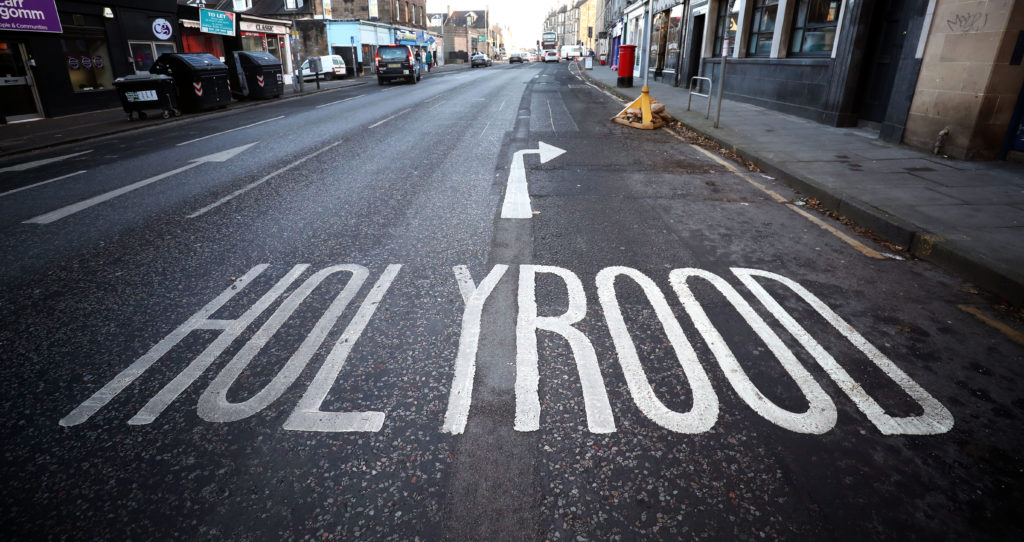
The Chartered Institute of Public Relations hosted the Scottish Lobbying Register Breakfast Roundtable on Wednesday 14th February 2018 at the ellwood atfield gallery in Westminster.
Guests heard an overview of the new register, which is coming into effect in March 2018, and discussed how it would affect public affairs activities in Scotland going forward.
What does it apply to?
The new register applies to all verbal face-to-face lobbying communication with MSPs, the Head of the Scottish Civil Service, Special Advisers and all Scottish Government Ministers on matters concerning the Scottish Government or Scottish Parliamentary business. Any meeting with the aforementioned where a paid lobbyist uses that meeting to influence on behalf of their organisation must now be recorded on the register.
By requiring disclosure of what specifically was discussed in conversations – both the topics covered and the side advocated for – the register moves far closer to the Washington model than the much-maligned Westminster version. However, a conversation is not an easy thing to keep track of: discussions can change subject rapidly, and instantaneously move from points of fact to emotive expression. This is a key issue facing public affairs professionals working with the new register. To those who see arguing as a sport, as many paid-for-lobbyists do, this level of record keeping might seem unsustainable. It appears almost inevitable that a public affairs practitioner may forget a passing conversation with a Minister’s Special Adviser, at a busy party conference for instance, and fall foul of the law and therefore risk prosecution. This is even more likely for those who work across both Westminster and Holyrood, who will have to record some conversations and not others.
Who does it apply to?
One of the main elements of the register is the stipulation that lobbying is only lobbying when it is paid for. It does not (and could not) keep tabs on all people or conversations which may influence key decision makers in Scotland. Under new regulations, if you haven’t been paid to lobby than there is no need to record your conversations. But lobbying professionals are not the only people who could have significant influence or sway over politicians – what about others who may use their platform or access to lobby? A celebrity with a Twitter following in the millions, who can mobilise a small army in 140 characters, could use such clout to leverage for decisions which benefit them or their arm’s length business interests. All these activities or the conversations which spawn from them do not need to be recorded – is this another weakness in the register as it currently exists?
What does the future hold?
The Scottish Lobbying Register should certainly be commended for actually including the industry it was seeking to regulate in its creation (via a series of working groups), unlike the Westminster version. In current climes, where the lobbying profession can ill-afford further mishap or confusion, tutorials like today’s should be taken very seriously and public affairs professionals should be diligent in learning and following the new rules.
In 2020, a two-year review of the effectiveness of the register in Scotland will take place: those south of the border will certainly be watching with intrigue.
If you want to know more about the Scottish Lobbying Register, please download this handout from today’s event.
If you are interested in hosting an event in the ellwood atfield gallery, please email hello@ellwoodatfield.com or call 020 7340 6480 to discuss your requirements.
Header image by Jane Barlow/PA Wire/PA Images. Road sign for Holyrood in Edinburgh. The Scottish Parliament is often referred to Holyrood, the area of the city where the parliament building is.


